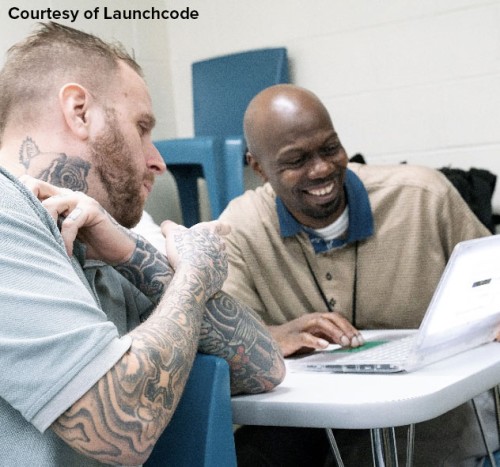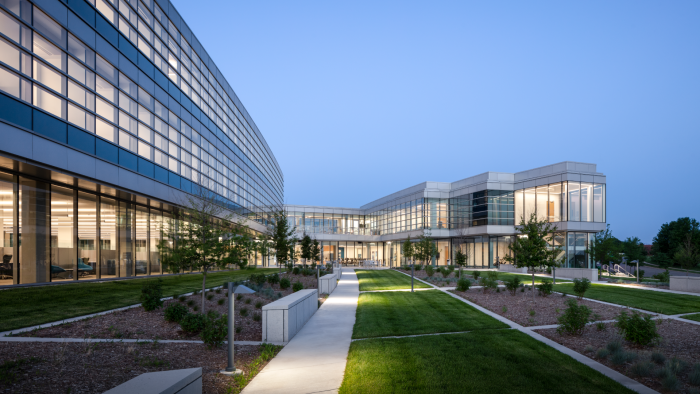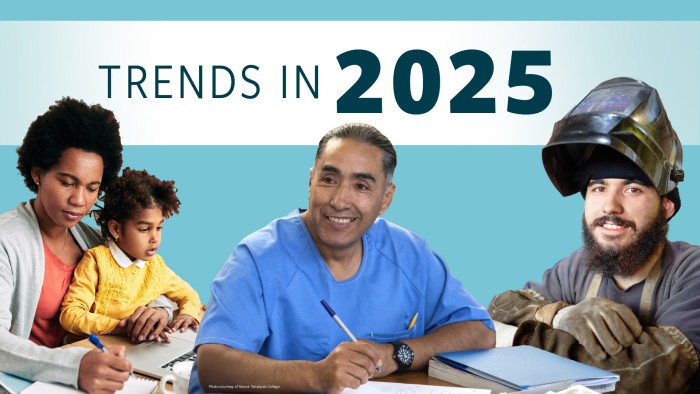
Coding Course Prepares Incarcerated Learners for Careers in Technology
 Before beginning the LaunchCode Foundation’s LC101 foundational coding and web development training and employment course, Larry, an incarcerated learner at Missouri Eastern Correctional Center (MECC), hadn’t touched a computer in 25 years. In May, he will exit prison equipped with a level of digital literacy and coding skills that will allow him to overcome one of the most challenging elements of culture shock facing long-term incarcerated individuals.
Before beginning the LaunchCode Foundation’s LC101 foundational coding and web development training and employment course, Larry, an incarcerated learner at Missouri Eastern Correctional Center (MECC), hadn’t touched a computer in 25 years. In May, he will exit prison equipped with a level of digital literacy and coding skills that will allow him to overcome one of the most challenging elements of culture shock facing long-term incarcerated individuals.
Larry is just one of 17 incarcerated learners at MECC to have graduated from the LC101 course last month. The six-month, intensive course is part of an ongoing partnership between the Missouri Department of Corrections and LaunchCode, a national nonprofit that provides free tech education and job placement. Supported by Ascendium, it provides coding instruction for incarcerated learners nearing release.
Located outside St. Louis, MECC is the first prison facility to officially offer LaunchCode’s training. The program was previously piloted within Potosi Correctional Center in southeast Missouri in 2018. By expanding the course to prisons, LaunchCode hopes to increase workforce training opportunities and improve employment outcomes for incarcerated adults while providing a pathway to further education. Its goal is to have a 75% program completion rate and an enrollment demographic breakdown that mirrors the demographics of the overall incarcerated population of Missouri.
“This program is a game changer for learners in the Missouri Department of Corrections,” says Haley Shoaf, LaunchCode’s vice president of justice programs. “Learning to code provides valuable job skills and a potential on-ramp to careers in the in-demand technology industry, but it is also so much more than that. Learning to code helps students develop problem solving skills that can help them in all areas of their life, and the program facilitates valuable computer literacy skills to help students better adapt to modern technology upon release.”
The expansion of LaunchCode’s course to MECC was not without its challenges. To facilitate the program, the nonprofit had to repackage its curriculum materials to ensure that the course could be delivered fully without the internet. Despite this, says Shoaf, the achievements of students in the initial cohort were impressive and met or exceeded the output of non-incarcerated students that take the course.
A second LC101 cohort at MECC, comprised of 28 students, began classes in February. In keeping with the project’s goal of developing a sustainable path forward, LaunchCode has hired three students from the first cohort, who will serve as teaching assistants for the next round of courses. Additionally, as of December 2021, LaunchCode has identified 10 employer partners to be part of LaunchCode’s first interview cohort to interview returning citizens for apprenticeships. Individuals and organization interested in becoming an employer partner with LaunchCode are encouraged to get in touch.


